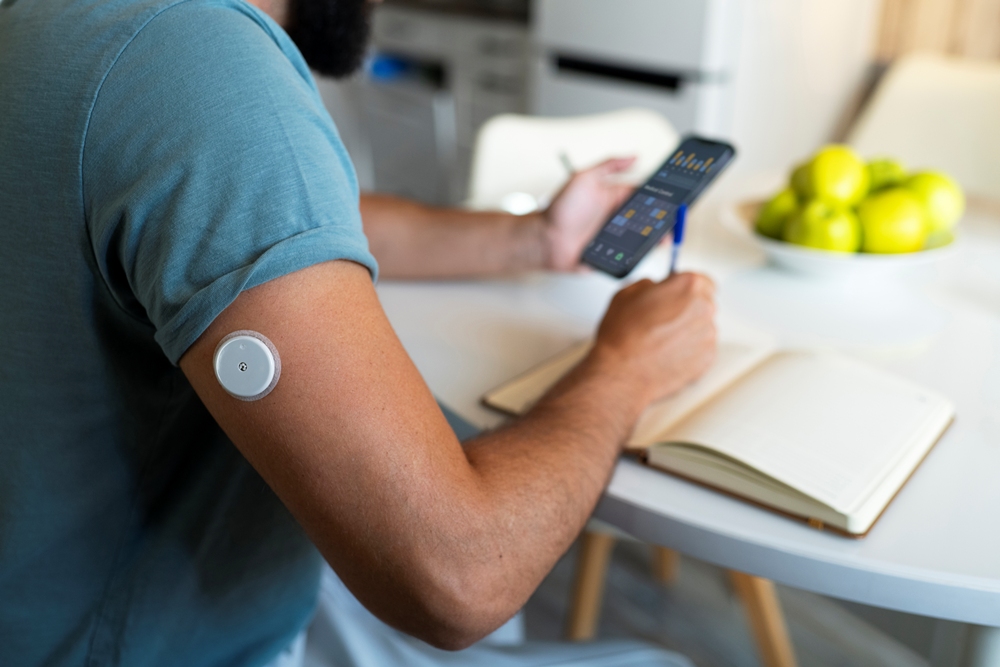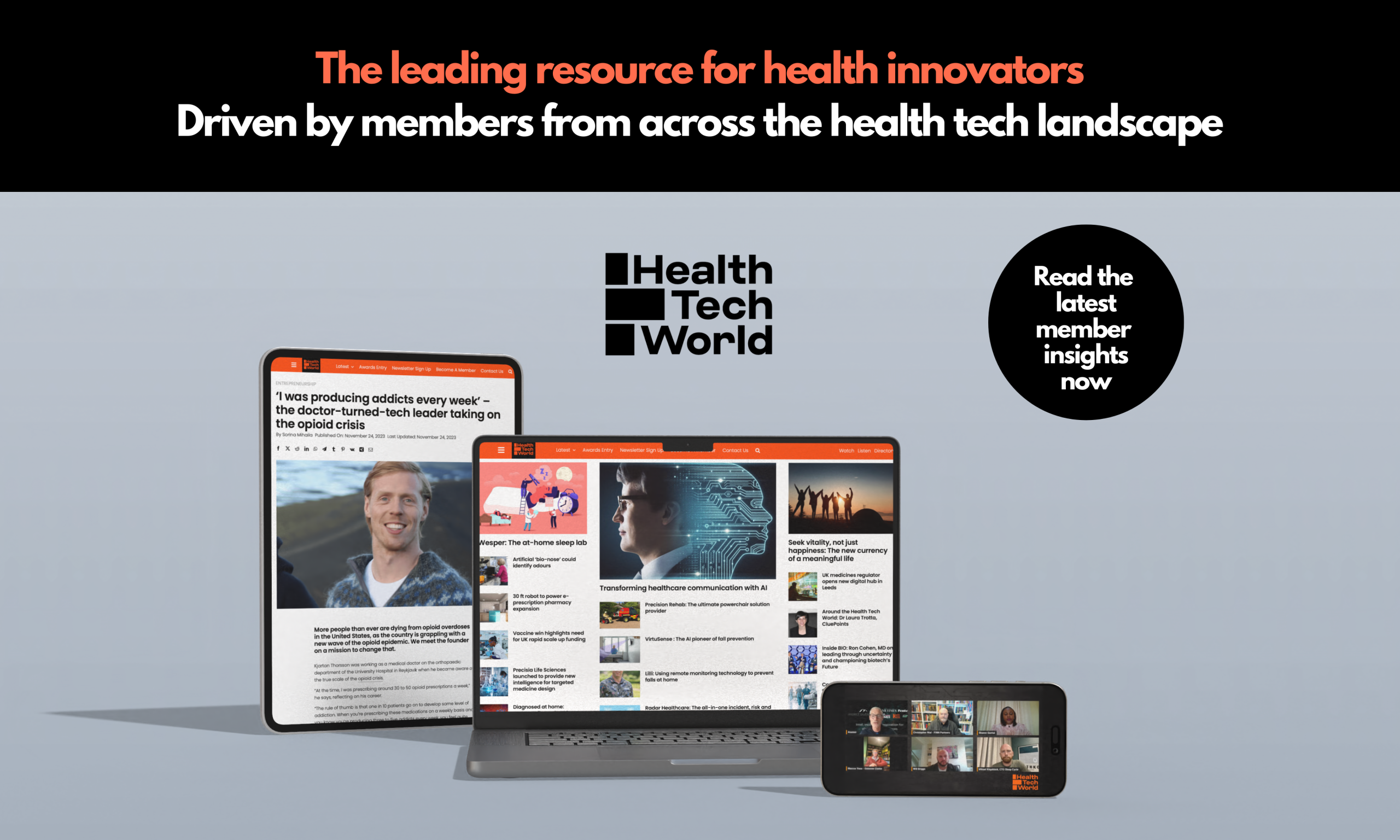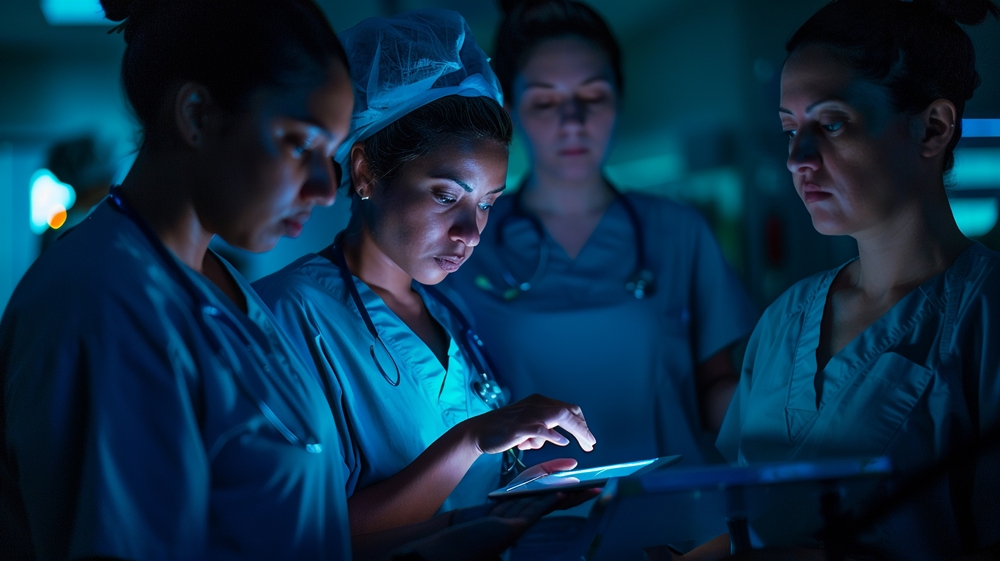Research reveals limitations of blood sugar trackers

Blood sugar tracking devices may not give accurate readings for people without diabetes, new research suggests.
Continuous glucose monitors (CGMs) – small wearable devices fitted to the arm or abdomen – send real-time blood sugar data to an app, showing how glucose levels rise and fall throughout the day.
Researchers analysed CGM data from 972 people with diabetes, prediabetes – when someone’s glucose is elevated but not high enough for a type 2 diabetes diagnosis – and normal blood sugar levels.
Participants wore a Dexcom G6 device that measured glucose every five minutes for up to 10 days.
A team from Brigham and Women’s Hospital in the US compared these readings with HbA1c blood tests, which assess average blood sugar control over several months.
For people with diabetes, CGM data closely matched the HbA1c results.
However, accuracy was much lower for those with prediabetes and largely unrelated for people without any form of diabetes.
“Our study reaffirms that CGMs are great tools for people with diabetes,” said Dr Jorge Rodriguez, an internal medicine physician at Brigham and Women’s Hospital.
“For those without diabetes, CGM data is not a substitute for HbA1c, which assesses how well the body controls blood sugar over multiple months.”
At the beginning of the study, the researchers measured participants’ HbA1c levels and compared them with eight CGM metrics, including average blood sugar, blood sugar variability and time spent in a healthy range.
Among those with type 2 diabetes, CGM data closely matched the HbA1c measurements, particularly for average glucose levels.
This correlation did not hold for people with prediabetes or normal blood sugar.
The findings remained consistent even after the researchers accounted for factors such as body mass index.
The results make sense, they said, given CGMs were originally designed for people with diabetes.
In those without diabetes, the devices may capture short-term fluctuations in blood sugar that are not significant enough to affect HbA1c.
These devices have become increasingly popular among wellness-focused consumers and can be purchased without a prescription or online in several European countries.
The researchers urged people with prediabetes or normal blood sugar to be cautious about drawing conclusions from CGM data, noting that larger studies are needed to determine whether these devices offer any real benefit for people without diabetes.
“In those without diabetes, CGMs may be useful as behavioural ‘biofeedback’ tools that can provide insight into how food and activity impact real-time blood sugar levels,” Rodriguez said.
“They do not directly reflect longer term blood sugar control.”







